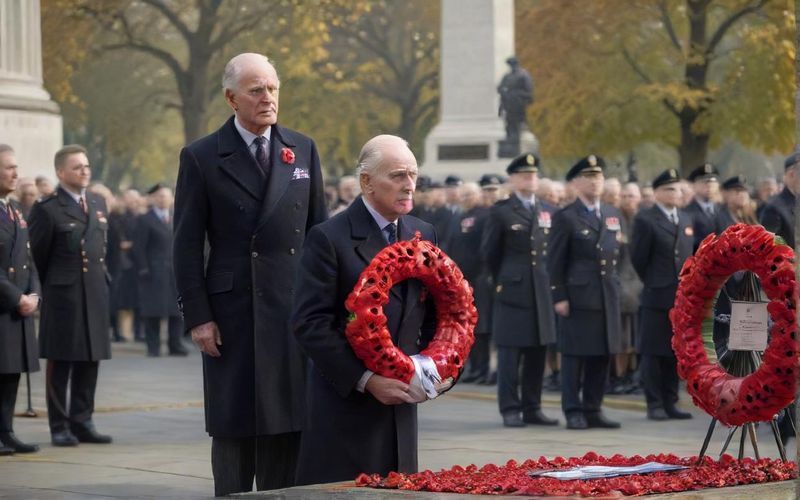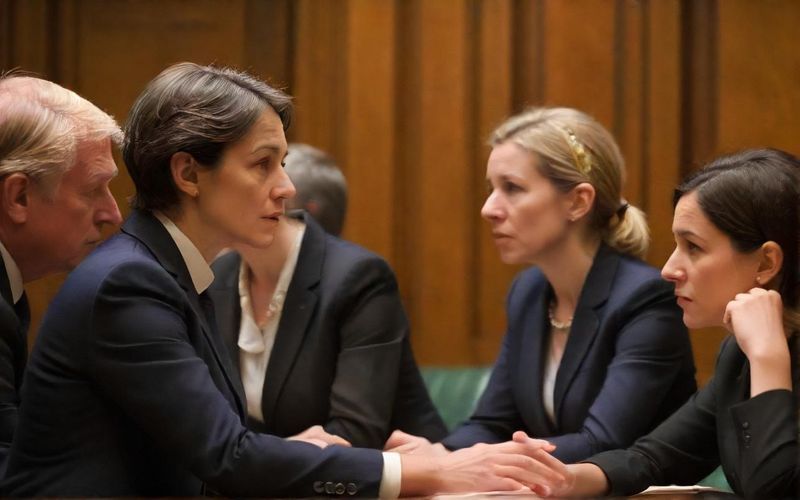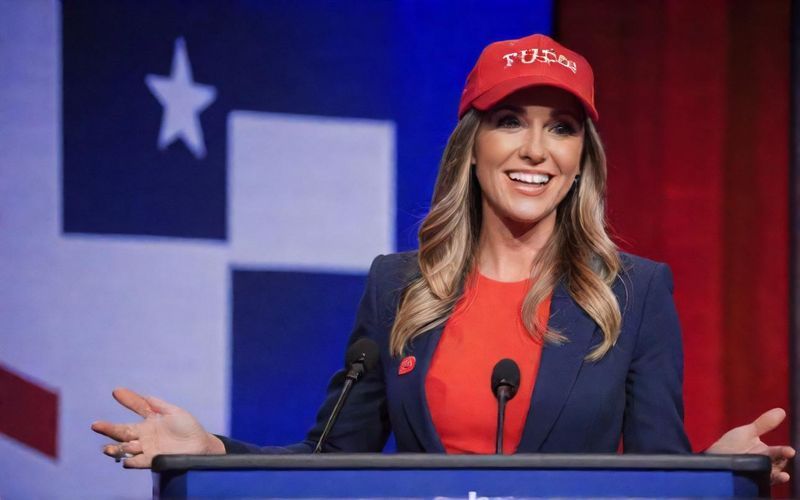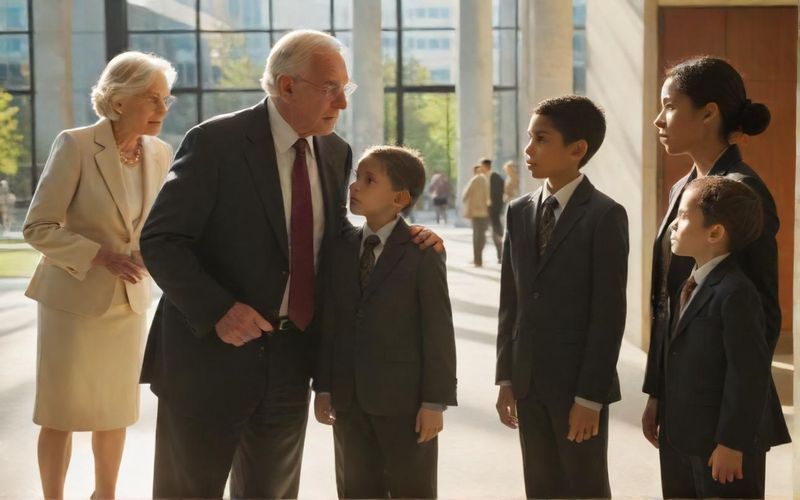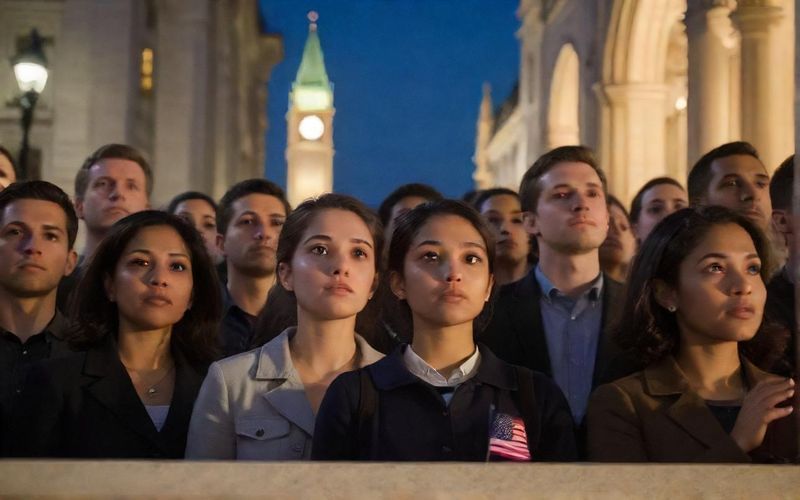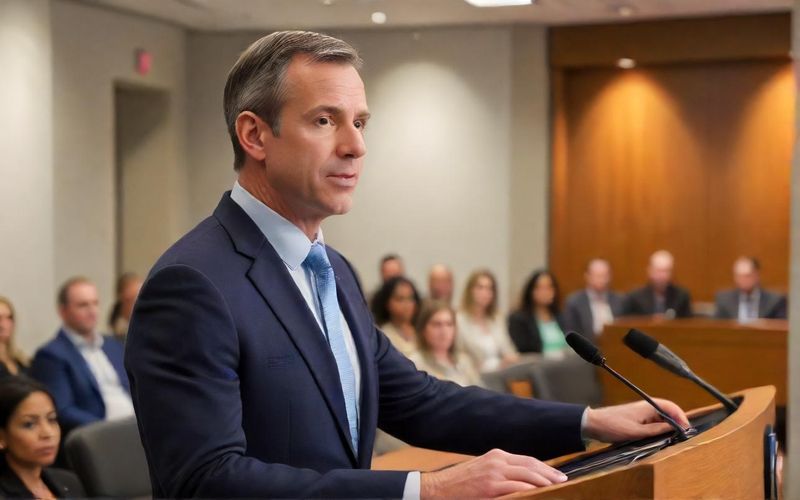Obama: Tuesday Wins Just The Start
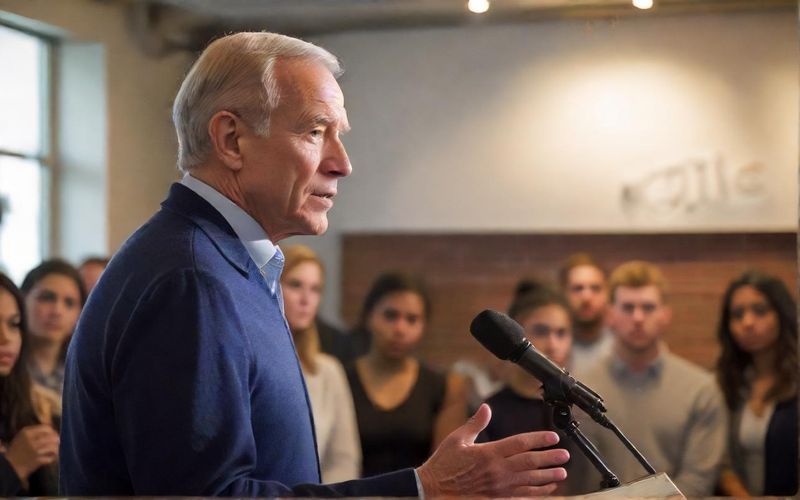
What’s truly remarkable is Obama's insistence that the American people are, in fact, paying attention. In an era where political discourse can feel like a relentless barrage of noise, his observation that voters are actively observing and evaluating their leaders offers a hopeful counter-narrative. He highlighted that the electorate is rejecting "cruelty" and the desire of those in power to "entrench themselves." This isn't just a platitude; it's a deeply resonant insight into a public weary of divisive tactics and more interested in genuine community and respectful engagement. The wins by candidates like Zohran Mamdani in New York City, and Abigail Spanberger and Mikie Sherrill in gubernatorial races, weren't just party victories; they were affirmations of candidates who, according to Obama, ran with integrity and for the right reasons.
This brings us to a crucial point, one that often gets lost in the partisan fervor: the emphasis on affordability. It's striking that Obama notes this issue as a driving force, a tactic that propelled Donald Trump to the White House and is now being echoed by Republicans. This isn't about assigning blame, but about recognizing a shared concern that transcends ideological lines. When candidates across the spectrum are forced to address the economic anxieties of everyday Americans, it signifies a potential convergence of priorities, even if the proposed solutions differ dramatically. The fact that this issue is on the table, and that voters are responding to it, suggests a public that is pragmatic and focused on tangible improvements to their lives.
Perhaps the most potent observation Obama shared, and one that holds significant weight in understanding current political dynamics, is the power of youth engagement. The exit polls paint a clear picture: when young people show up, Democrats win. This isn’t just about registering voters; it’s about inspiring a generation to believe that their voices matter and that their participation can shape the future. It’s a reminder that the energy and idealism of younger demographics can be a powerful force, capable of shifting the electoral landscape. This trend, continuing through this election cycle, offers a vital pathway for Democrats looking to build a sustainable coalition.
Yet, amidst this optimistic outlook, Obama’s words carry a gentle but firm warning: "Tuesday was nice, but we’ve got a lot of work to do." This refrain is the cornerstone of his message, a call to action that acknowledges progress without succumbing to complacency. He’s not just talking about winning elections; he's talking about fostering a genuine sense of community and opportunity for all. He spoke of a "conversation about how to make sure that every person in this country is treated with dignity and respect," and importantly, he emphasized that this dialogue needs to be deep and authentic, acknowledging differences but also recognizing the extraordinary common ground that binds us. This is the elusive ideal of "e pluribus unum" – out of many, one – a concept that feels increasingly fragile in today's polarized climate.
The former president’s willingness to step back into the political arena, even in this unexpected capacity, sends a clear signal. He’s not just observing from the sidelines; he’s actively participating in shaping the party's narrative, particularly as we look towards future elections. His message transcends partisan talking points, focusing instead on core values that resonate with a broad spectrum of Americans. The question now is, can the Democratic party, and indeed the broader political landscape, truly embrace this call for integrity, community, and genuine engagement, or will the allure of short-term victories overshadow the long-term work of building a more unified and equitable nation?
